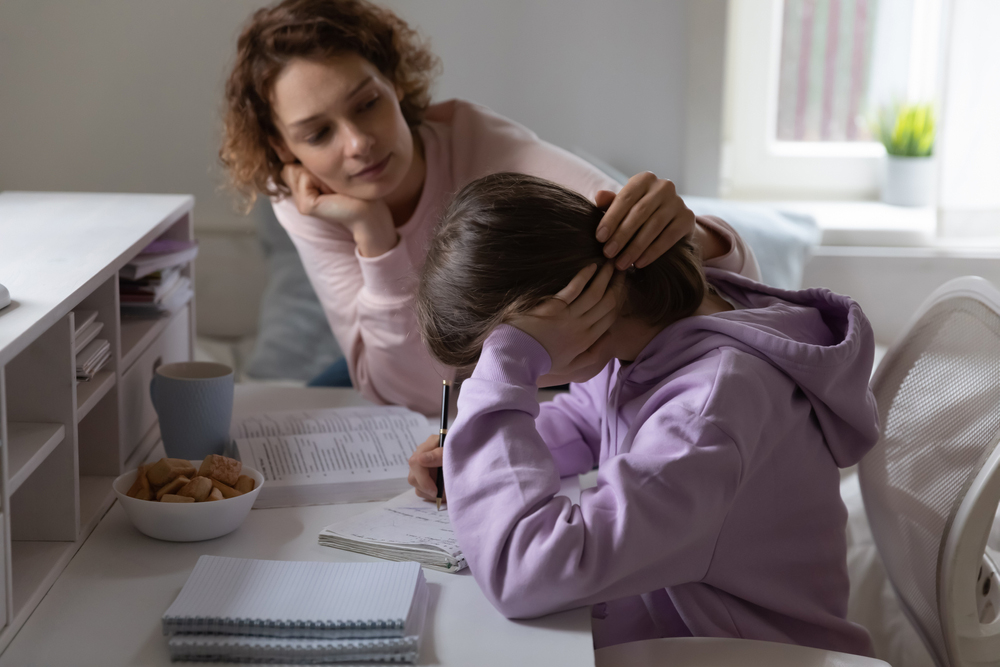Many Americans, including teenagers, are chronically sleep-deprived, overworked and overstressed. As a result, your teen may feel as if they are always tired, which could affect their academic performance. If your child has trouble staying awake in class or finds it hard to get out of bed and get to school on time, you may wonder what you can do to combat this problem.
How Much Sleep Do Teens Need?
Restful sleep is crucial for overall mental and physical health. During sleep, your body undergoes a series of restorative changes that enable better physical and mental performance the next day and over the long term.
- Your brain sorts and processes new things you recently learned. This process is particularly essential for creating long-term memories, as your brain consolidates all the information it’s picked up during the day and files it away for later use.
- While you’re sleeping, your immune system releases tiny proteins called cytokines. When you’re sick or injured, these cytokines help your body fight inflammation, infection and trauma. Sleep deprivation could prevent your immune system from functioning at its best.
- During deep sleep, your body works to repair muscles, organs and other cells. Young, healthy people spend about one-fifth of the night in this restorative sleep phase.
Teens need more sleep than adults because their bodies and minds are still growing. To be at their best, your child should get between eight and 10 hours of sleep a night. However, many teens sacrifice a good night’s sleep in favor of homework and extracurricular activities.
Adolescents and Sleep
Due to the biological changes that come with puberty, adolescents start feeling tired later at night and need to sleep later in the morning. These shifts often combine with poor sleep hygiene, including inconsistent bedtimes and too much technology in the bedroom.
Compounding the problem, most school start times in the U.S. are at odds with adolescents’ need for more sleep. Unfortunately, the American Academy of Pediatrics’ recommendation that middle and high schools should start at 8:30 a.m. or later has largely fallen on deaf ears.
A teen who is always tired, struggles to concentrate on daily responsibilities or seems unmotivated is probably dealing with the cumulative effects of sleep deprivation. However, sleeping too much can also signify a mental illness like depression. If you notice your child’s health seems to be suffering, your role as a parent is to evaluate whether they are getting enough sleep and take steps to address it.
Expert Treatment for Teens and Their Families
If you need help during the turbulent teen years, The Forum is here for you. We can restore your family’s future with our proven experience in teen mental and behavioral health care. Led by Dr. Joanna Savarese, The Forum seeks to meet the diverse needs of San Diego adolescents between the ages of 12 and 17. To learn more about what we treat and how we can help you and your child, connect with us today.



